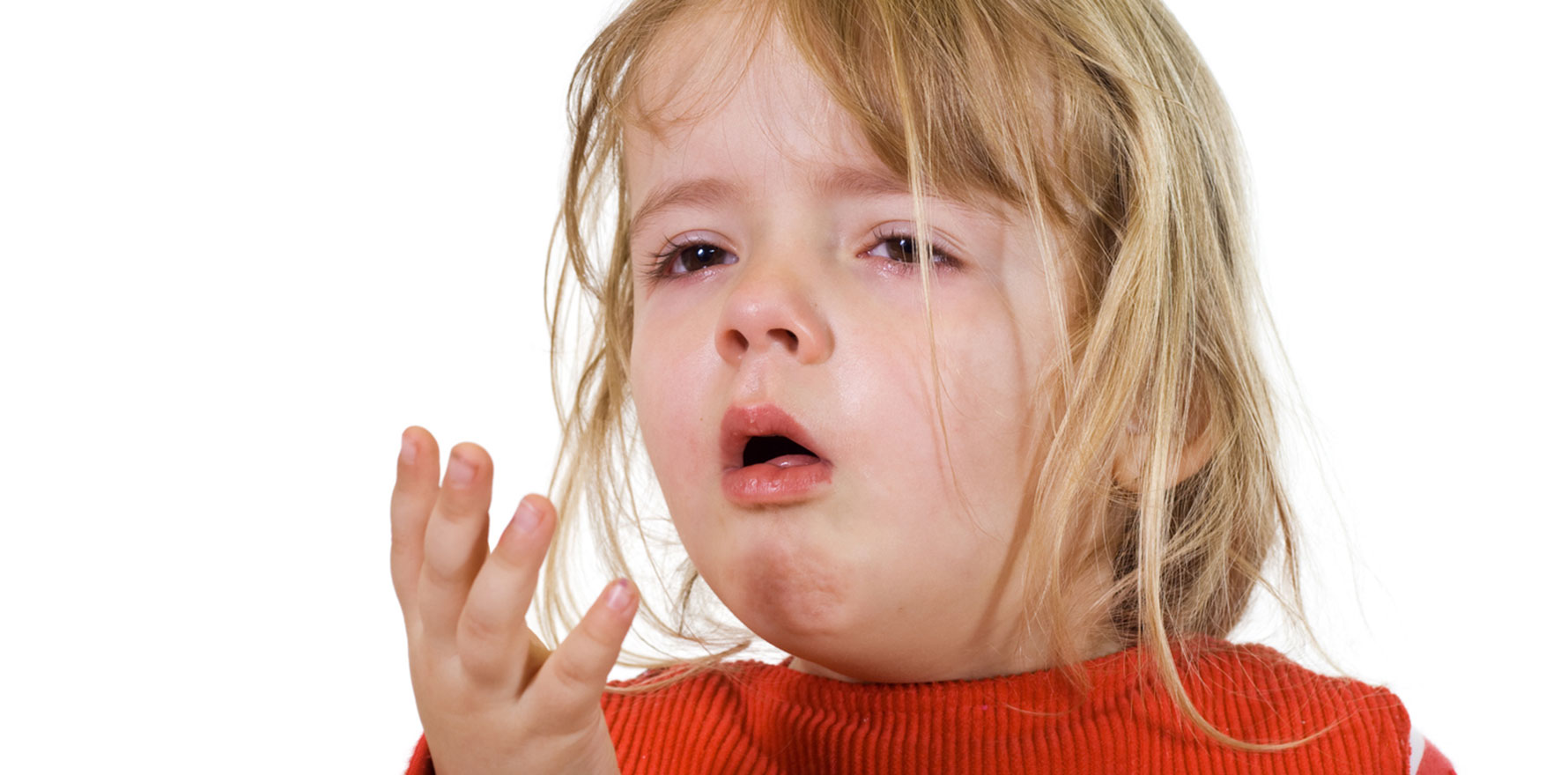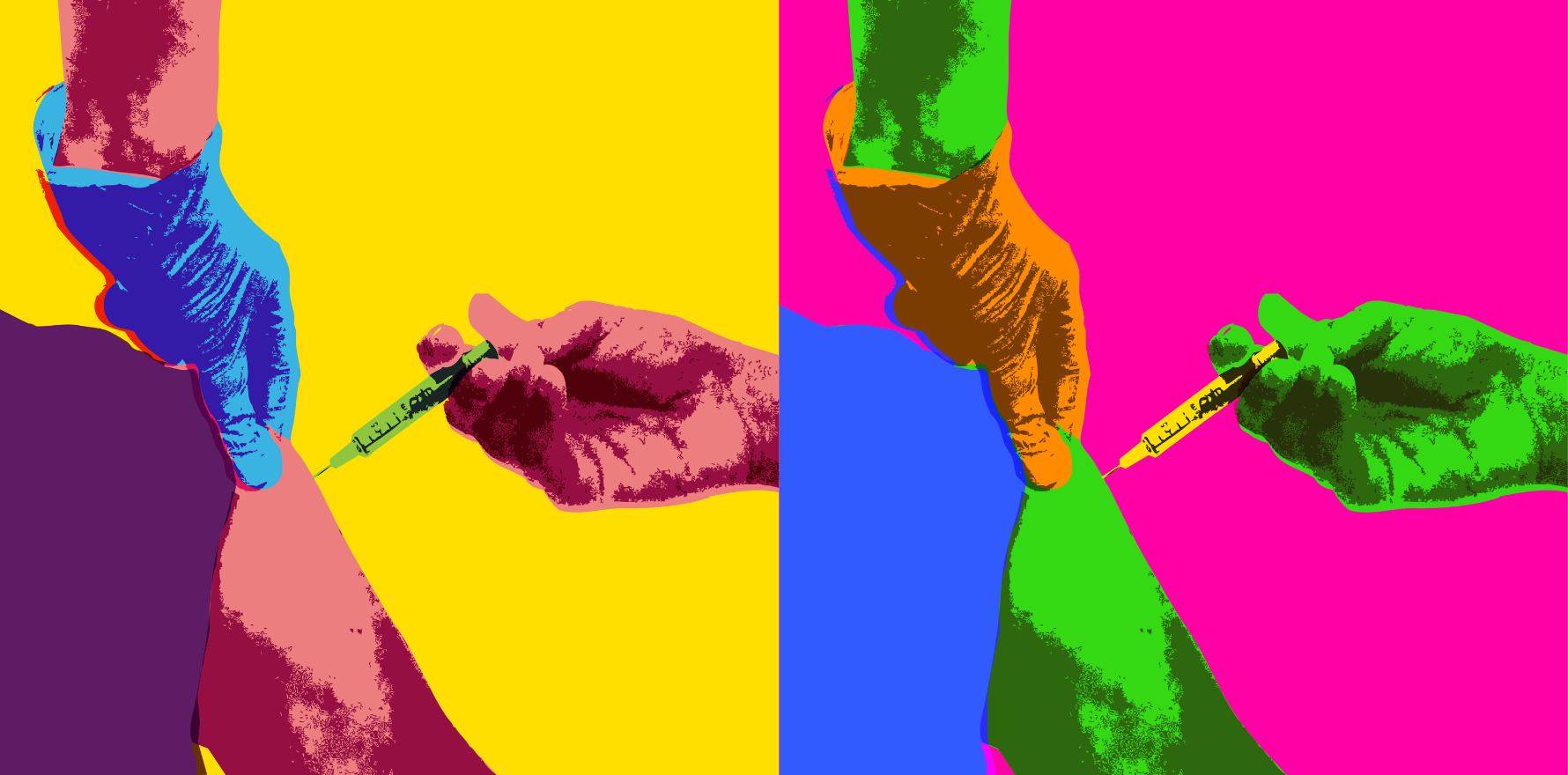Case notifications for the year to date are almost 10 times the number reported for all of 2023.
Australia is in the eye of a whooping cough storm, with cases rapidly heading towards a 10-year high.
Data from the National Notifiable Disease Surveillance System reveals there have been 22,615 notifications of whooping cough so far in 2024, almost a 10-fold increase on the 2450 reported for all of 2023.
New South Wales has been the hardest hit, recording 10,619 cases (up from 917) last year, followed by Queensland (7751, up from 927) and Victoria (3057, up from 339).
Last week Queensland Minister for Health Shannon Fentiman urged all pregnant women to be vaccinated against the respiratory disease.
“Vaccination during pregnancy is an effective way to protect babies until they are old enough to be vaccinated. This single action can dramatically reduce the risk of their baby contracting the potentially fatal disease.”
The whooping cough vaccine is included in the National Immunisation Plan, meaning it is freely available to pregnant women (ideally between 20-32 weeks during each pregnancy, although it is safe to administer right up to the point of delivery) and children aged 2 months to 4 years.
Individual states and territories may also offer free whooping cough vaccines to other populations.
No other jurisdiction has issued a similar warning at the time of writing.
Vaccinating pregnant women reduces the risk of babies contracting whooping cough by 75%, said Queensland’s chief health officer Dr John Gerrard, yet only 70% of pregnant people in the state received a whooping cough vaccine last year.
Related
Earlier this year infectious diseases expert Professor Paul Griffin told Allergy & Respiratory Republic there were many factors contributing to the declining vaccination rates being seen throughout Australia.
“It is clear that the whole vaccination landscape is more challenging as a result of covid and the impacts of the rollout of the vaccine, misinformation, fatigue, complexity of schedules, and so on – that has all been made more challenging,” the director and scientific advisory board of the Immunisation Coalition said in July.
Major outbreaks of whooping cough occur every few years, but case numbers like these haven’t been seen since 2015, when 22,517 cases were reported across the country. The largest outbreak this century occurred in 2011, when a whopping 38,748 cases occurred.
Whooping cough is caused by the bacteria Bordetella pertussis. Patients initially present with mild cold and flu symptoms (runny nose, cough and fever) but can persist and increase in severity over time, resulting in hospitalisation or death.




